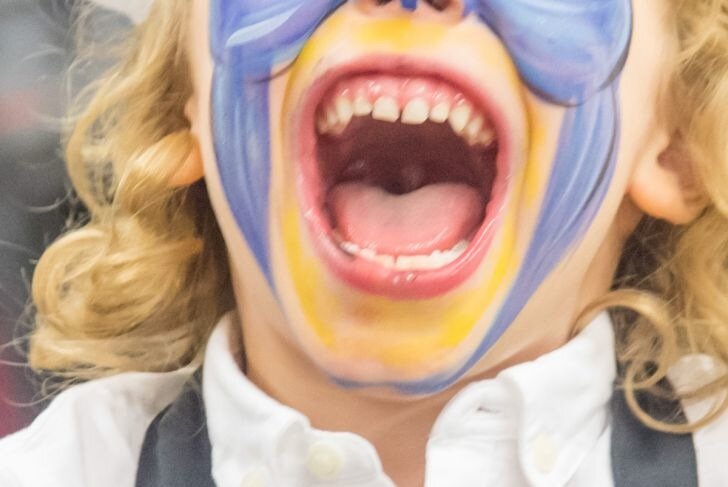How not to joke with a child: harmful and not funny
A sense of humor is a valuable quality. It's great when children laugh and when they understand why they laugh.
But this is not the only reason. Psychologists remind that not all jokes are funny for children, and an adult can easily offend a child with his humor.
Psychologist, communications expert, author of psychological books and comics Tatyana Vasilkova told aif.ru how not to joke with children.
How to joke with a child
1. First of all, an adult must understand the reason for his joke.
Either he wants to have fun himself or to amuse the child.

The answer to this question will determine the outcome of your actions.
If an adult jokes for his own pleasure, then his laughter can be seen as self-affirmation at the expense of the child, and this can cause pain.
2. Humor must be of high quality, but often thoughtless words and expressions are later covered up with a joke.
It's worth thinking about what a child will feel when he hears such a joke?
Rarely does anyone manage to laugh heartily when others assert themselves at his expense.
At the same time, it is useful to teach children to laugh at themselves. Self-irony will come in handy in adulthood, the psychologist notes.
3. Good jokes should not humiliate a person.
But one can only appreciate humor by foreseeing the consequences.
If an adult decides to amuse children, even if it means making them laugh a little at themselves, then this can have a positive effect.
But if this is an attempt to assert oneself at the expense of a child, then the adult clearly has big problems with self-esteem, the specialist sums up.
